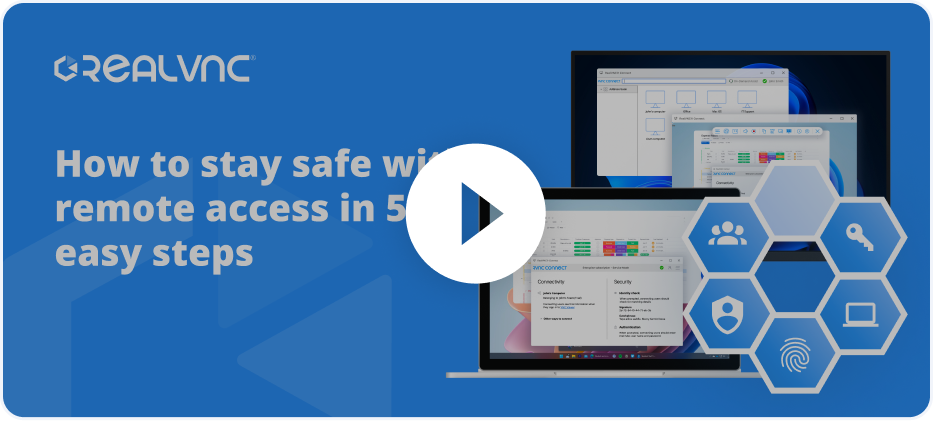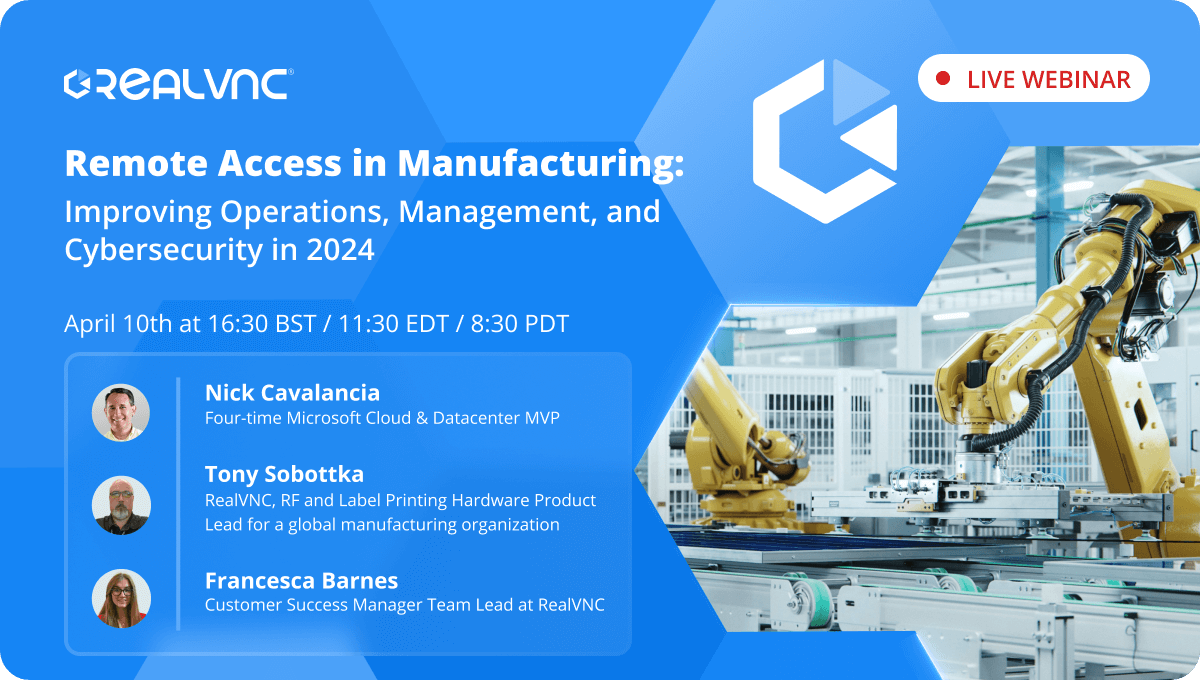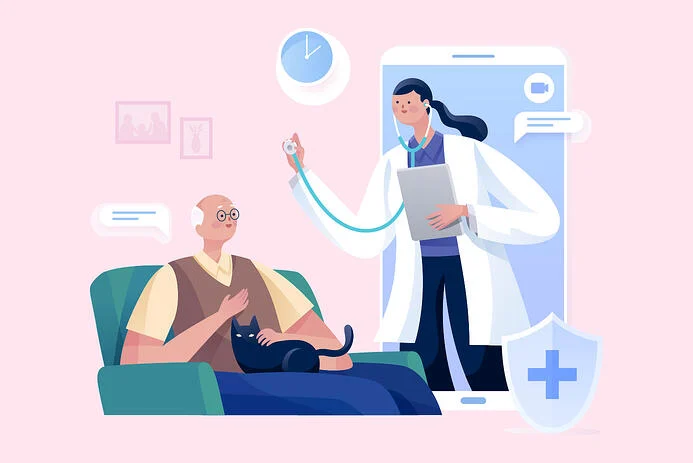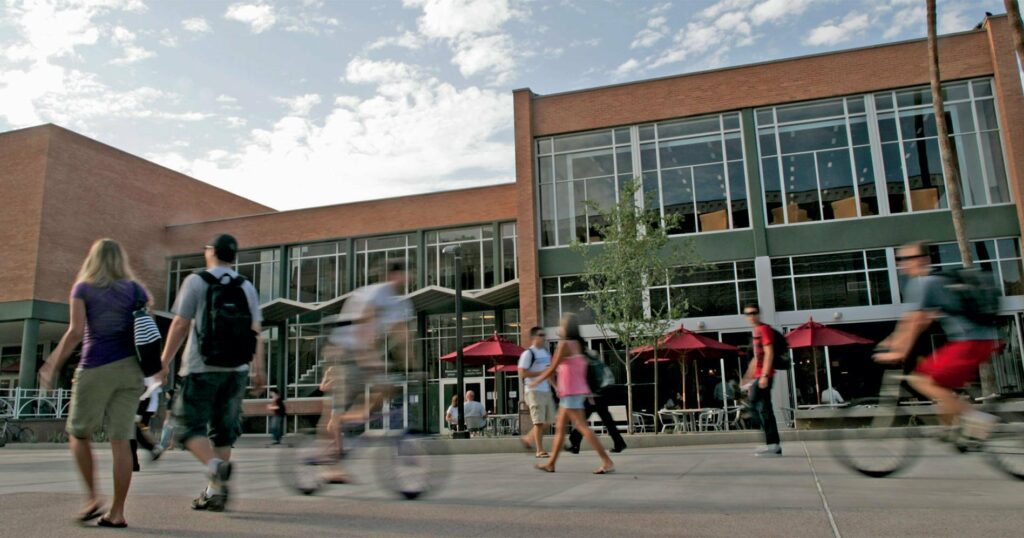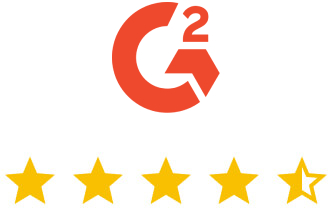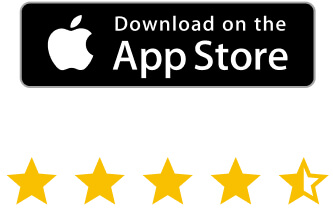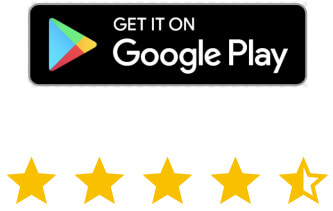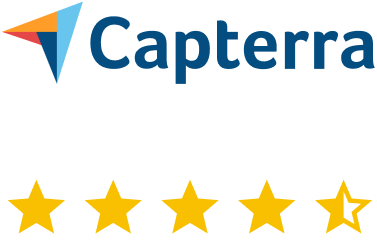Covid-19 infection rates were increasing exponentially in all 4 of the United Kingdom’s nations and were particularly high in densely populated urban areas such as London.
Similarly, hospitalizations and Covid-related deaths were on the rise, and even with a strict nationwide lockdown put in place by the government, it would take a few weeks of compliance to tight restrictions to “flatten the curve”, bringing the numbers down.
This initial phase of the Coronavirus pandemic took an immediate toll on the NHS, now required to prioritize the care, testing, and treatment of Covid patients in and out of ICUs already at capacity. In addition to the pressure the ongoing emergency put on the already stressed healthcare system, it also meant that in-person appointments for non-Covid ailments became a higher risk for both frontline workers and patients, with many doctors and nurses needing to self-isolate after being exposed to the virus.
A switch to remote care
This necessary switch to conducting appointments remotely was bound to come with some logistical challenges. General practitioners (GP) across the country needed to securely access their practice computers for patient records to get the information required to assist their patients from afar. An obvious solution to this problem was the adoption of remote access, a type of software that is widely used to connect to remote computers from anywhere in the world.
RealVNC was able to provide their remote access tool, VNC Connect, to a GP practice in southwest London. Like many others in their position, the practice was also looking for an easy-to-use solution that they could deploy quickly for their remote staff at a time where several of their doctors were in mandatory self-isolation and physically unable to access the practice’s premises.
Protecting patient data with remote access
One of the challenges of providing remote healthcare is the protection of patients’ data. Due to the extremely confidential nature of private medical records, NHS practices like other medical practices worldwide need to adhere to strict regulations and compliance standards – in the UK this is the Data Protection Act, while it’s HIPAA (Health Insurance Portability and Accountability Act) in the US.
In practical terms, compliance to industry regulations means that a doctor performing their duties remotely can’t, for example, ask another employee in the practice to provide the patient information to them, as this could jeopardize the privacy of the patient.
Using a remote access tool like VNC Connect means that doctors can directly access the data stored on their work computers while working safely from home, fully complying with industry regulations.
The future of remote access for GP practices
The southwest London GP practice considered the deployment of VNC Connect a success, referring it as a possible solution to their colleagues from other practices looking to solve the same issue. Other surgeries followed suit in the coming months, spreading the word even further.
Remote working had always seemed like a distant notion for many doctors and frontline workers, as seeing patients face to face has consistently been the norm in the healthcare sector. Nonetheless, the Covid-19 pandemic forced the healthcare industry to pivot to a more remote-based approach, with both patients and doctors experiencing the benefits of this arrangement. In this age of hyper-connectivity, telemedicine looks like it is here to stay, at least in some form.
You can read more about how VNC Connect is used in the healthcare industry on our dedicated healthcare page, or take a 14-day free trial below.
